Litter is everywhere humans are – road sides, parks, lakes, forests, school grounds and parking lots. It’s even in our own back yards!
Not only is litter bad for our environment, but it drastically impacts wildlife and other animals. Animals have an amazing sense of sight and smell, which can draw them to litter when in search of food. They have no way of knowing that our waste is dangerous for them.
Litter is hazardous to wildlife and other animals because they can:
- get their heads stuck in jars, cups or other kinds of containers that smell of food, causing them to suffocate or starve to death when they are unable to get the container off of their heads.
- cut themselves on cans and broken glass – injuries that could be fatal or lead to infection.
- get their heads or another parts of their body stuck in plastic six-pack rings, making it difficult for them to move or fly.
- eat household waste and cleaners from garbage bins that could be toxic, causing extreme illness or death.
- eat plastic or latex (e.g., balloons) that they mistake for food, which can make them sick or block their digestive tract and cause them to starve.
- get caught inside plastic bags, causing them to suffocate.
- get tangled in string, ropes, or netting, rendering them unable to free themselves.
At AIWC, two of the most common causes of wildlife injuries we treat are directly related to litter: (1) animal/vehicle collisions, and (2) fishing line entanglement or ingestion.
Roadside litter is both very dangerous and very attractive to wildlife. Birds, for example, may swoop down to grab an apple core or a candy wrapper someone tossed out the window, putting them at risk of being hit by traffic.
Waterfowl or other animals that live by lakes and rivers can ingest or become entangled in fishing line that was left behind, causing them to become ill or unable to swim, fly, or eat.
Remember: throwing out even the tiniest piece of gum can be dangerous for an animal – it can stick to their wings or fur making mobility difficult or impossible.
Here are ways you can help to keep wildlife and other animals safe from litter:
- Never litter!
- Pick up litter you come across and dispose of it properly.
- Make sure on your garbage and recycle containers have secure, properly-fitting lids.
- Make sure to wash out your cans, bottles and other recyclables thoroughly before disposing of them. This will help to remove some of the scent caused from food residue.
- Crush pop cans once you’ve rinsed them and, as an extra precaution, turn the tab on the pop can so that it goes across the hole. This will prevent small animals like mice from crawling in.
- Put lids back on plastic containers and jars once they are rinsed and ready to be recycled.
- Cut up plastic six pack rings before recycling them.
- Tie a knot in the middle of any plastic bags you are recycling.
- Take any leftover household cleaning products and other toxic chemicals to the Eco Station.
- Refrain from releasing balloons at events, which can cause deadly wildlife entanglement or ingestion.
- Share this information with others.
As always, if you find injured or orphaned wildlife, please call us at 403-946-2361.
“We don’t own the earth. We are the earth’s caretakers. We take care of it and all the things on it. And when we’re done with it, it should be left better than we found it.” Katherine Hannigan, author.
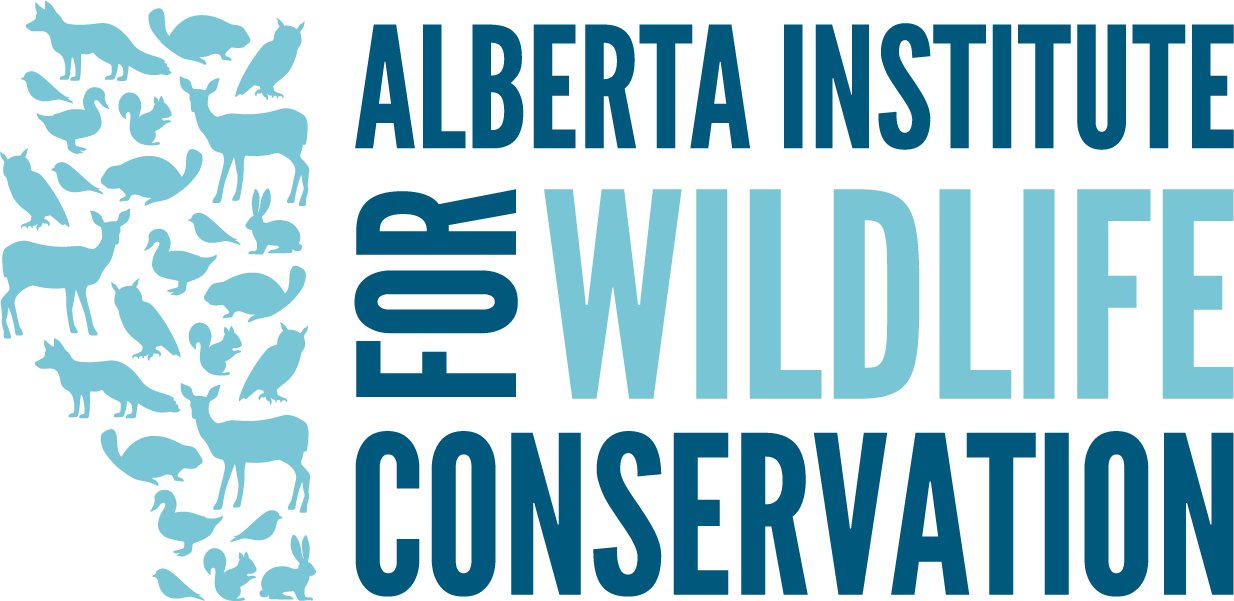
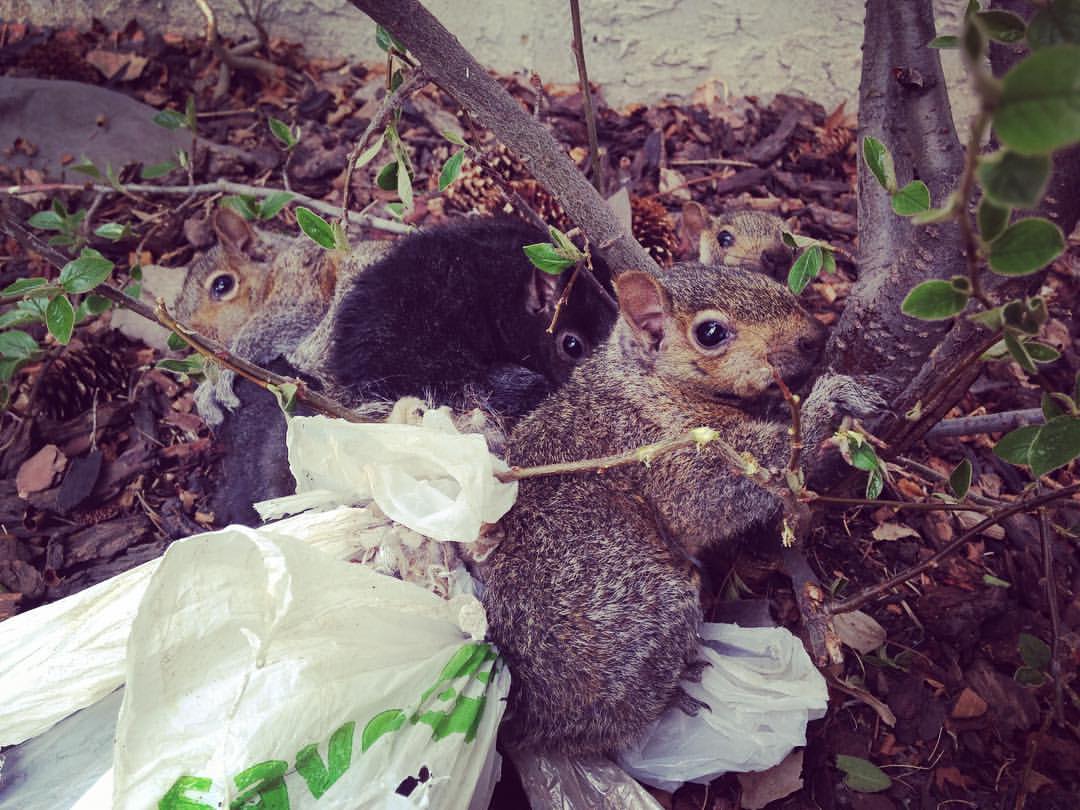
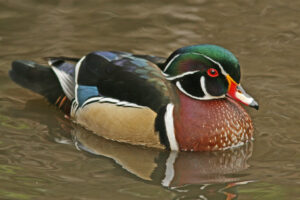
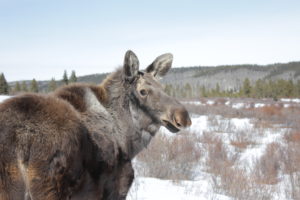
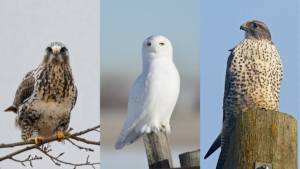

14 thoughts on “Wildlife and Litter Don’t Mix”
I sure would hate it if lots of life died by litter, but it looks its already happening.
Unfortunately a lot of wildlife do fall victim to the hazards of litter, but if everyone can help prevent littering, it will add up and make a difference!
hi i am telling people to stop littering but they still do
this sounds horrible
very informative about pesticide great work well done keep it up
I invite everyone to subscribe free to this litter magazine and to visit the website for up-to-date news stories and information. Search for Litter Prevention Program or follow the link.
https://www.litterpreventionprogram.com
As a fisherman and outdoors person I do not litter. I make sure to bring a extra bag with me when fishing to throw out all trash. When out in a boat me and my friend will pick up trash that we see floating in the water or in the woods. We have also helped animals that have been tangled up in trash. You take out what you bring in.
Agreed, great approach to take a bag with you and take out what you bring in.
As a fisherman and outdoors person I do not litter. I make sure to bring a extra bag when going fishing to throw out all trash. When out in a boat fishing both my friend and I will pick up trash floating in the water or in the woods. We have helped birds that were tangled up in trash. You bring out what you bring in!!
Fisherman can also make sure that they DO NOT fish with any lead jig heads and sinkers, etc. Loons among other diving birds swallow the lead and become extremely ill and suffer terribly before they die. Death by lead poisoning is awful to watch and AIWC has seen enough of it. It says something when the top two things that kill birds are vehicle hit and fishing equipment. I have witnessed birds getting fishing hook and fishing line wrapped around their legs or hooks stuck in their jaws or throat. These hooks are from fisherman who lose the hooks and lines when fishing. Once you’ve seen animals suffer it becomes evident what humans have done to the earth just so they can have some fun. 🙁
i will make flyers about putting trash where it belongs.
same
“Threatened and Endangered Species in Washington: 2012 Annual Report” (PDF). Archived from the original (PDF) on March 29, 2017. Retrieved August 21, 2016 .
Pingback: One Wrapper a Life, Another a Threat to the Planet | Waterloo Region School Food Gardens